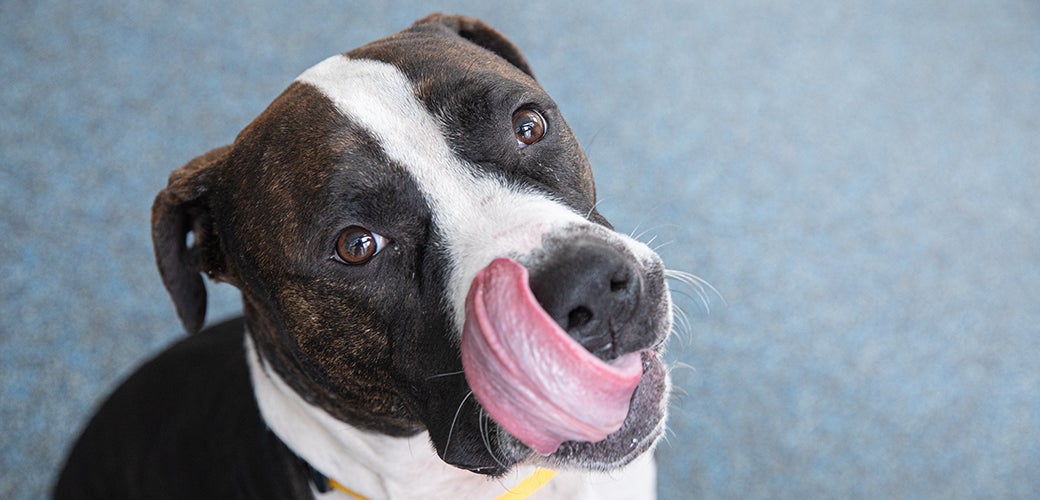


While mealtime items like grapes, raisins and chocolate are more commonly known pet toxins, there may be other less common toxins lurking nearby. To keep your pets safe, the ASPCA Animal Poison Control Center (APCC) wants to make sure that you have all of the potentially lifesaving information you need about the dangers of moldy food.
Food mold, otherwise known as Penicillium spp, is a fungus that forms on aging food. Often visible to the naked eye, food mold can make pets very ill if ingested.
While mold on dog food should certainly be avoided, the real danger occurs when pets get into household trash, garbage outside, compost piles or moldy nuts or fruits that have fallen from trees. Fungal neurotoxins on old food can make your furry friend very ill, so be sure to look out for these common signs and symptoms:
- Vomiting
- Diarrhea
- Muscle tremors
- Seizures
- Elevated body temperature
The onset of symptoms can be very rapid and can last between 24 to 48 hours. They can be life-threatening if left untreated. If you suspect that your pet has ingested moldy food, you should contact your local veterinarian immediately. There are treatments primarily focused on controlling the tremors and keeping the animal hydrated and their body temperature cool, however, the best way to protect your pet is to make sure they do not get into moldy food.
Be sure to always keep a close eye on your dog, but especially when outside and avoid leaving them outside unattended.
If you think your pet has eaten moldy food or may have ingested a poisonous substance, please call your veterinarian or the ASPCA Animal Poison Control Center at (888) 426-4435 immediately.
Source: Read Full Article